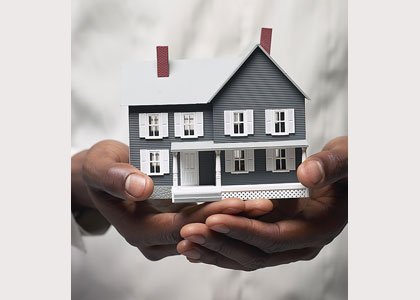LANHAM, Md. — The National Association of Real Estate Brokers (NAREB) announced its concerns regarding the racial disparities in homeownership rates in the United States.
Throughout the month of June, politicians, policy makers, financial institutions and organizations throughout the country will host and participate in events, rallies and ceremonies that highlight the importance of homeownership. NAREB is offering solutions to increase black homeowner rates.
“It is easier for too many black people to buy a luxury car than it is buy an affordable house and/or access an affordable mortgage. Black homeownership rates in the United States have declined from its peak of 49 percent in 2004 to today’s figure of approximately 42 percent in 2014. We need to change credit model, increase public and private sector funding for down payment and closing cost assistance programs, and to eliminate the discretionary FHA lending policy that requires new borrowers to pay mortgage insurance for 30 years or the entire life of the loan,” said Donnell Spivey, President of the National Association of Real Estate Brokers.
“According to data released the U.S. Census in 2014, the white homeownership rate was 72 percent compared to a 42 percent rate of homeownership for black Americans. Throughout the summer, NAREB will be hosting forums on the ‘State of Housing In Black America’ in various cities including Miami, Florida on June 24; June 30 in Philadelphia, Pennsylvania; and August 8 in Detroit, Michigan. We are working to ensure that everyone desires to should have an opportunity to purchase a piece of the American Dream known as homeownership,” said Antoine M. Thompson, National Executive Director for NAREB.
NAREB, was founded in 1947, and has over 90 chapters in more than 34 states. The oldest black trade association in the United States, NAREB takes on a community advocacy approach to supporting efforts that promote African American homeownership and real estate professionals. Our organization is committed to ensuring sustainable homeownership and “Democracy in Housing.”
